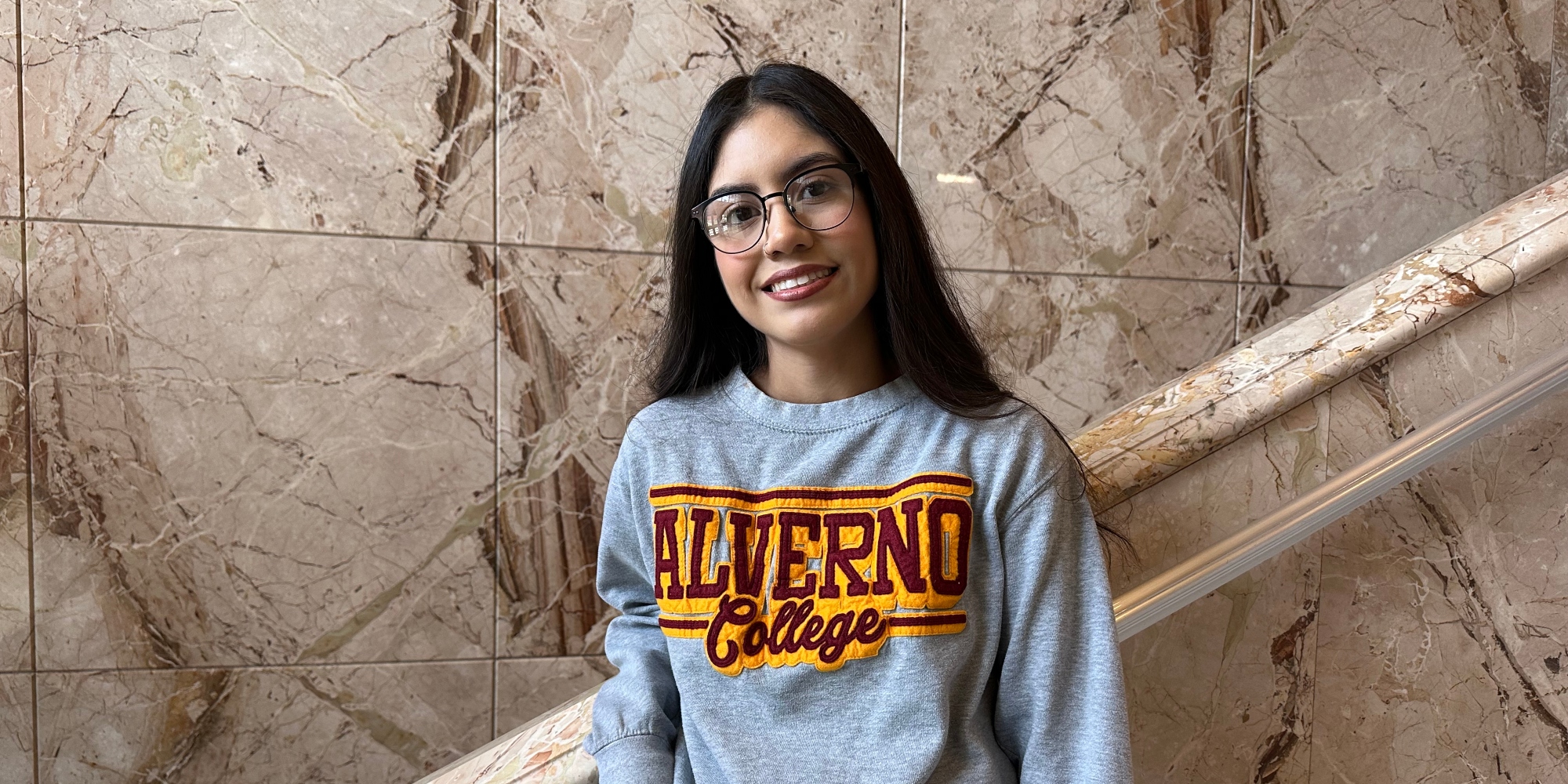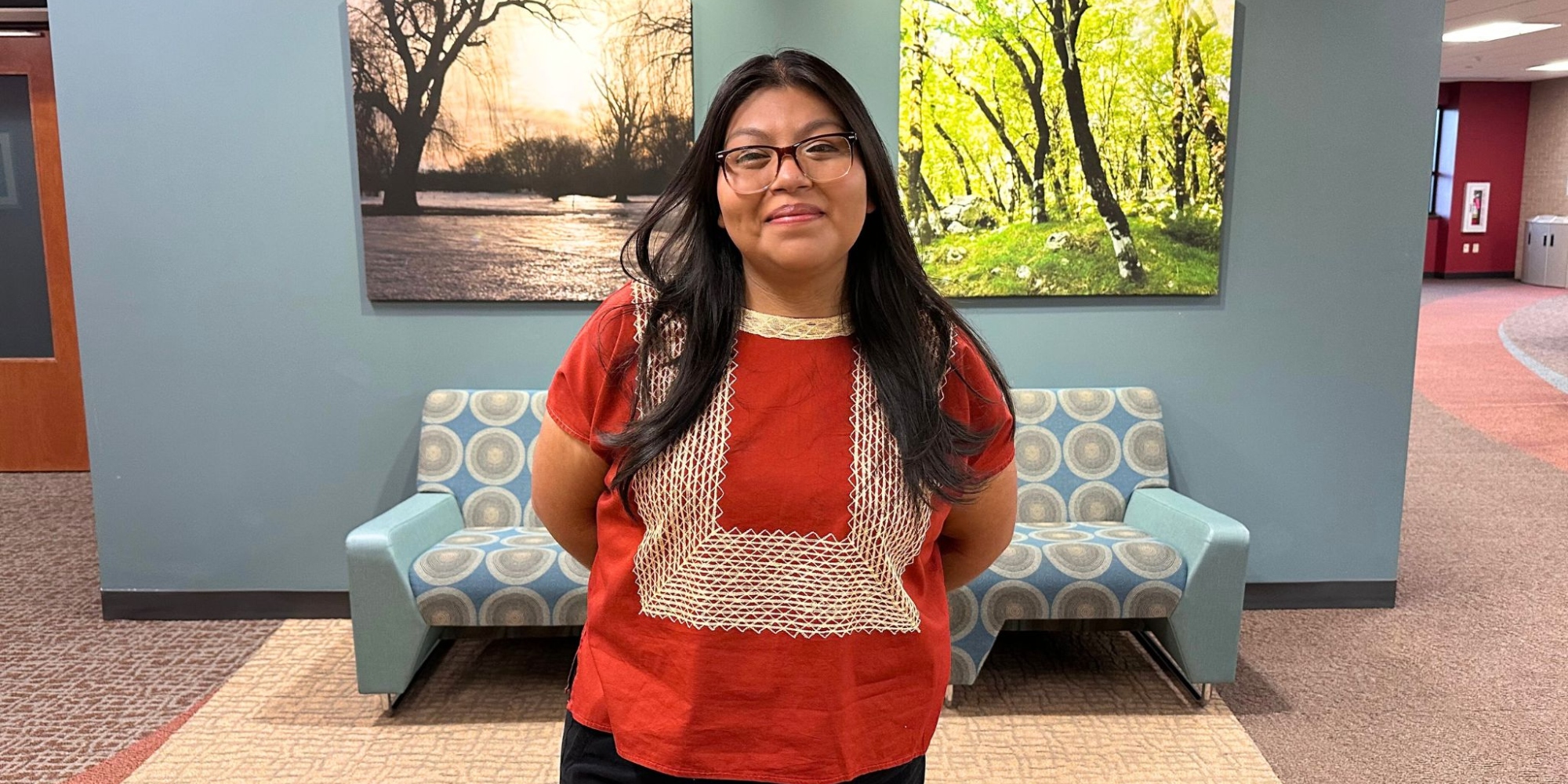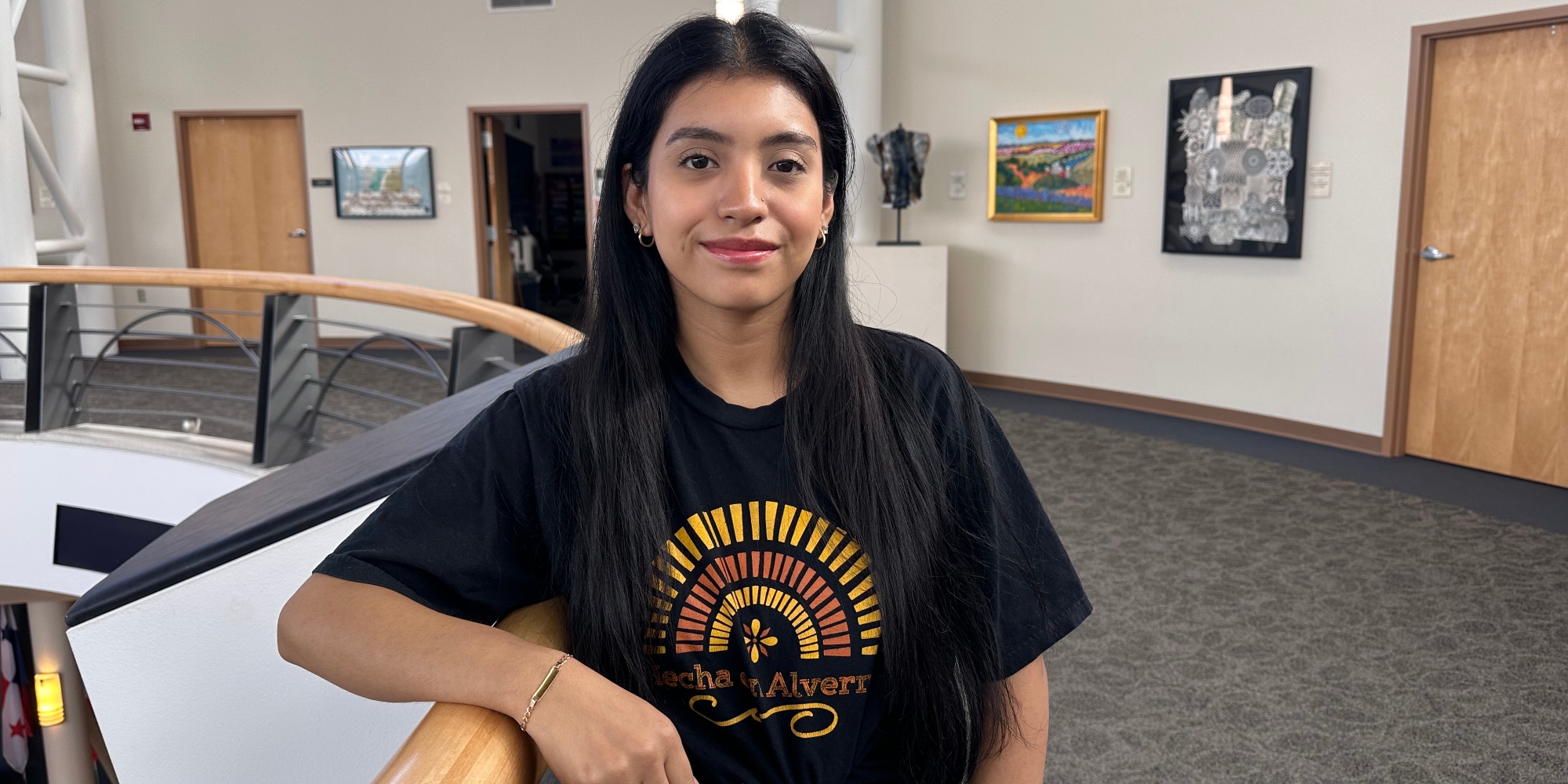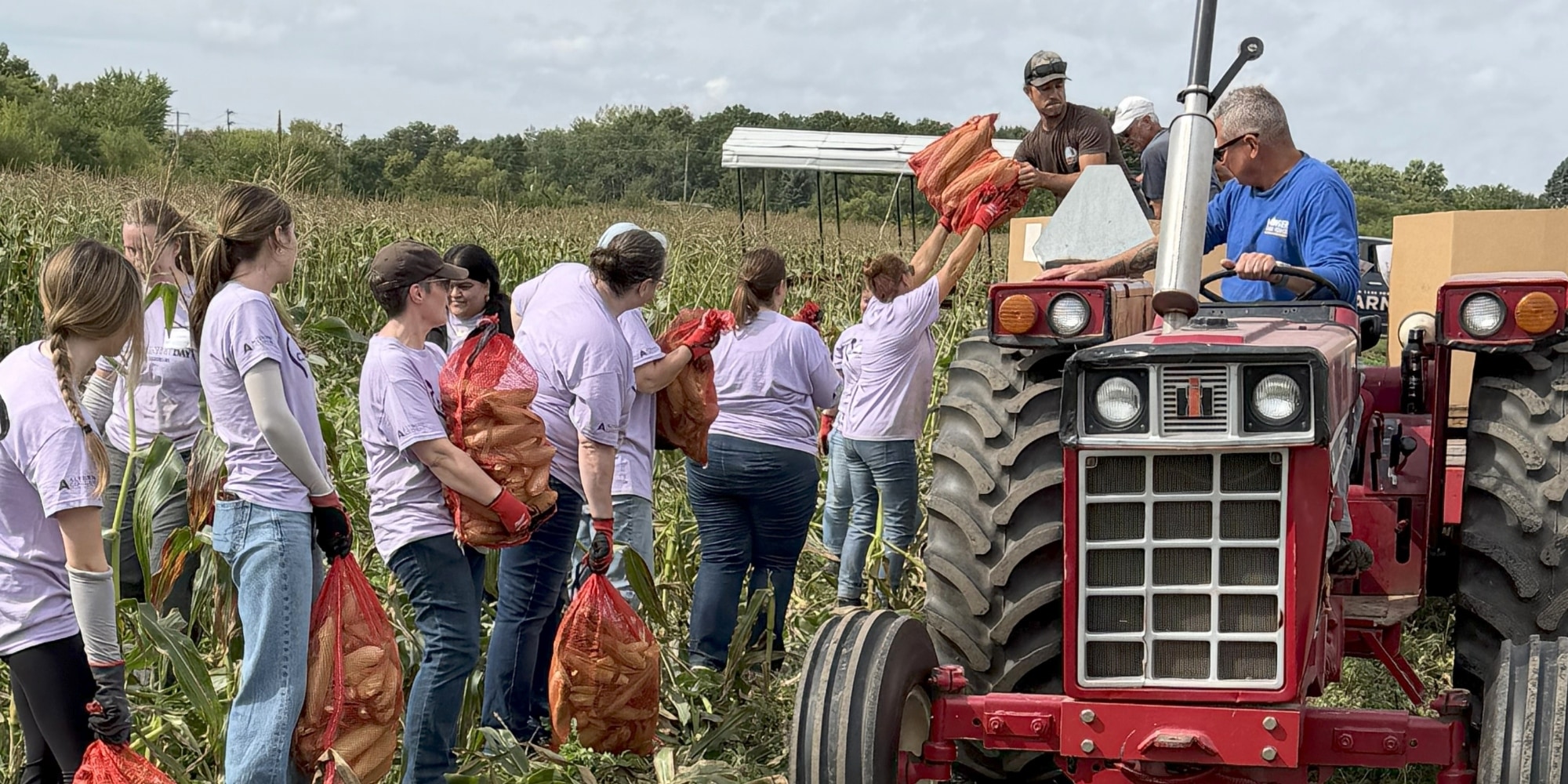Para leer en español, haga clic aquí.
Desiree Pointer Mace is the director of graduate programs and a professor of education at Alverno College. She has worked with students from kindergarten through the doctoral level in the United States, the Dominican Republic and Ecuador, and she has consulted in the development of Spanish language videos for Children’s Television Workshop. Since 2014, she has worked on reforming teacher learning and building ability-based higher education frameworks in Argentina, Uruguay and Peru.
Anyone who talks to Desiree for more than five minutes knows she has the heart of a teacher — as a teenager and young adult, she chose activities that developed young people, such as being a babysitter, a Girl Scout camp counselor, a lifeguard and swim teacher. Yet she didn’t consider the profession until her senior year of college, when she applied for Teach for America.
“Teaching snuck up on me. I wasn’t sure what I wanted to do with my life, but I wanted to be of use. I applied to Teach for America because I had done all this work with young people,” she recalls. “I was assigned to a Spanish bilingual elementary school in Oakland, Calif. That was how I got the job title of teacher, but I’d already been this kind of person my whole life.”
What do you love best about teaching?
I love the work I do. There is nothing for me like the feeling of satisfaction of being able to accompany somebody else on their journey to excellence. When I’m teaching, I don’t think about any of the world’s ills. I forget about them entirely because it is so exciting to be around people who are learning.
What’s really very special about being a teacher educator is that I have responsibilities not only to the learning of the students that I immediately serve, but I also feel a great sense of responsibility to everybody those teachers will ever serve as their students.
I have a term that I learned from somebody else that’s called “grand-students.” Those are the students of my students. And I’m then their “grand-teacher.” I feel a strong sense of responsibility to serve my grand-students’ learning needs through serving the learning needs of my own Alverno students. I might make a decision about a learning experience that then leads one of my students to do something that’s even more interesting and amazing that then leads their students to make an incredible impact in the world. That’s really, really amazing.
What is something unique you’ve been able to do through Alverno?
One of the parts of my work is what I’ve done at the Catholic University of Argentina. They have replicated the advanced conceptual framework that we use at Alverno in the education division. And four years ago, they started their undergraduate teacher education program based on our model.
Last December I got to participate as an assessor in their students’ capstone exit interviews. Except for the fact that the students were speaking in Argentinian Spanish, you would completely have thought they were Alverno people. They were saying things like: “What I learned from my self-assessment is this. Here’s an example that speaks to my talents as a teacher.” So I’ve got grand-students all over the Americas because of the work that Alverno positions me to do.
You’ve been talking with alumni who are now teachers. What’s been interesting about those conversations?
I’ve had the incredible privilege over the last few days to talk to various education graduates about how they value their learning at Alverno after being in the profession for several years. I’ve spoken with an Alverno alum who’s been teaching for 15 years, somebody who’s been teaching for nine years, somebody who’s been teaching for eight years, and somebody who’s been teaching for four years. They are different in every way that the lovely diversity of Alverno usually shows up, but, wow, do they have a lot in common.
They are committed to social justice, they really care and know their learners deeply. They can speak very specifically about the ways in which feedback helps them learn. They are excellent at self-assessment. They are continuous learners. They can really immediately think of times when they knew they had an impact on learners or that a learner had an impact on them.
What makes teaching at Alverno different?
Alverno doesn’t make you choose between being a scholar/academic and being a fantastic teacher, and those two things are really important to me. Honestly, teaching at Alverno has made me an even better teacher because of the model that we use.
Our abilities model is for everybody. It’s for the students, but it’s also for the faculty. We have very explicit and interesting criteria around our expected level of performance that we use to self-assess, that we use to set goals and that we use to get better. All of that feedback that we get from our colleagues, from our students, and our own self-assessment makes us better teachers.
A lot of people in in higher ed bop around to different places. I stay because Alverno empowers me to keep learning as an educator every single year. That’s what keeps this being the best job.
Read more about Desiree Pointer Mace’s work in these prior Alverno Magazine articles:
- Aventuras en Argentina
- Equality Through Education





